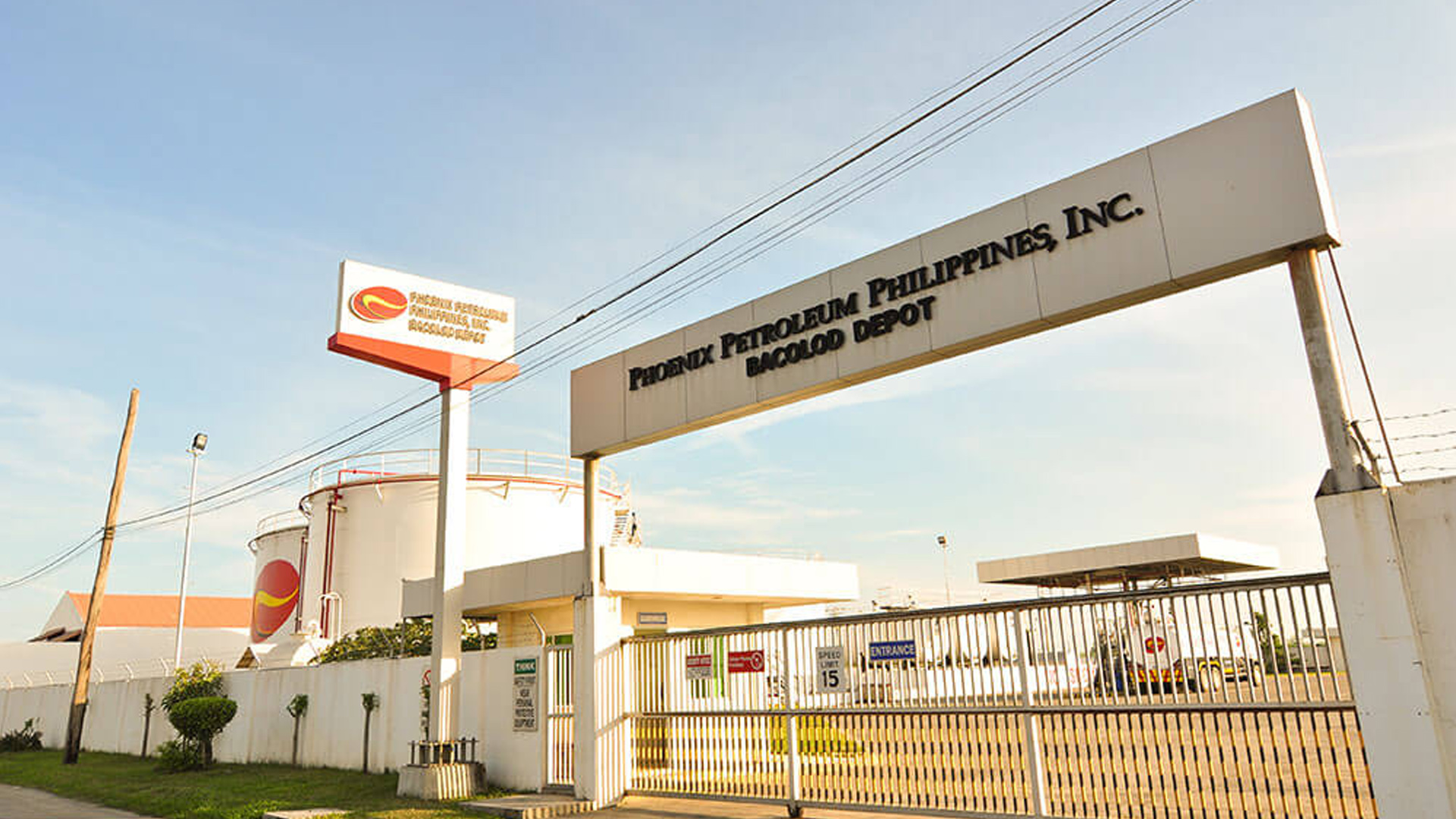Phoenix Petroleum is diversifying its core petroleum operations and repositioning its portfolio towards high growth, high margin businesses as it transitions into the new normal.
Over the past three years, Phoenix has embarked on a consumer experience-focused growth strategy that targets the underserved, convenience needs of its existing customers beyond fuel, which led to its investments in LPG and FamilyMart.
In 2016, the the company’s commercial/B2B business accounted for over 66% of revenues, with retail fuels comprising ~33%. Today, Phoenix already generates around 45% of domestic revenues from retail fuels as well from other higher margin products such LPG, convenience retailing and payments.
“At the center of our efforts is our customer. By understanding their customer journey and experience, we are able to see their underserved needs and try to fill these through our expanding retail portfolio that is now beyond fuels. With the changes in purchasing behaviour post-pandemic, we are complementing these retail offers with digital initiatives that in turn multiply the footprint exponentially,” President Bong Fadullon said.
Phoenix has a total of 20,000 touchpoints comprised of its service stations, LPG and lubricant retail outlets, FamilyMart stores, and Posible retailers. Combined, these touchpoints can reach over 1.2 million customers.
“We need to adapt our core business to changes and disruptions in markets. Commercial accounts fuelled our growth over the last decade but going forward, retail is going to be the major force driving Phoenix. We are building this capability beyond fuels and we aim to further expand this portfolio with high growth, high margin consumer brands over time,” Fadullon added.
With domestic per capita LPG demand significantly lagging regional peers such as Thailand and Vietnam and to complement its onsite fuel offer, the Company forayed into the underpenetrated LPG market with the acquisition of the now Phoenix LPG Philippines, Inc. (PLPI) in 2017. Mainly used for cooking, LPG consumption is expected to grow alongside the increasing urbanization and purchasing power of Filipino households. The product also proved to be COVID-resilient as health and safety protocols drive demand for home cooking. Against a backdrop of 7%-8% industry growth, the Company’s LPG business has grown over 20% on average every year post-acquisition.
Meanwhile, FamilyMart has found a niche in convenience food retailing and is now harnessing the digital opportunity by expanding its online presence via apps and deliveries. In line with its pivot to food strategy and in response to the evolving consumer preferences post-COVID, menus are refreshed with more options that are ‘for sharing’ as well as frozen and with longer shelf life.
At its retail core is Phoenix’s network of over 650 stations, which remains the fastest growing in the industry. With the lifting of the ECQ, demand has started to recover and sales are nearing the pre-ECQ levels. Further, contactless payments have been rolled out at the stations to ensure the safety and well being of customers and employees alike.








